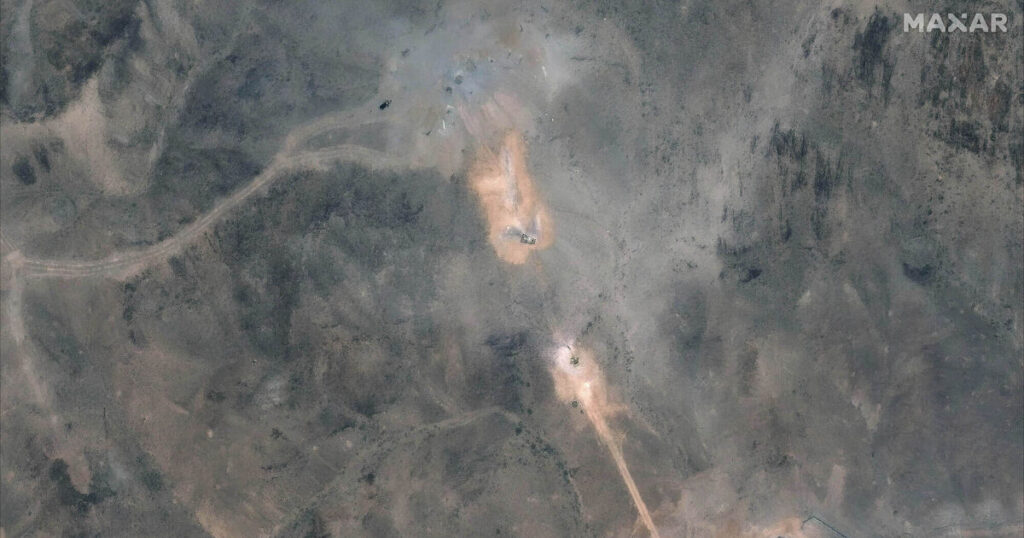Amidst escalating tensions, Iran’s President has reportedly instructed the nation to halt its cooperation with the International Atomic Energy Agency (IAEA) following alleged US air strikes targeting key nuclear facilities.
State media sources are reporting the decision, attributed to Masoud Pezeshkian.
This action follows the passage of a law by the Iranian Parliament mandating the suspension of collaboration with the IAEA.
The implications of this suspension for the IAEA, the United Nations’ nuclear watchdog, remain unclear.
The Vienna-based IAEA has been responsible for monitoring Iran’s nuclear program for an extended period.
Iran’s Supreme National Security Council is tasked with overseeing the implementation of the bill. While the Council has not issued a public statement, Mr. Pezeshkian’s reported order, as head of the body, indicates the bill is likely to be enacted.
However, Iran’s theocratic system allows the Council some discretion in the bill’s implementation. This means the exact demands of the legislators may not be fully realized.
Tehran’s 2015 nuclear agreement with world powers, negotiated during Barack Obama’s US presidency, permitted Iran to enrich uranium to 3.67% – sufficient for nuclear power plant fuel but significantly below the 90% required for weapons-grade uranium.
The agreement also considerably reduced Iran’s uranium stockpile, limited its centrifuge usage, and relied on IAEA oversight to ensure Tehran’s compliance through enhanced monitoring.
In 2018, Donald Trump, during his first term as US president, unilaterally withdrew the United States from the agreement, deeming it insufficient and failing to address Iran’s missile program or its support for militant groups in the broader Middle East.
This withdrawal initiated a period of heightened tensions, including attacks at sea and on land.
Iran had since enriched uranium up to 60%, a small technical step from weapons-grade levels. It also possesses a stockpile large enough to potentially construct multiple nuclear weapons, should it choose to do so.
Iran has consistently maintained that its nuclear program is for peaceful purposes. However, the IAEA, Western intelligence agencies, and others assert that Tehran had an organized weapons program until 2003.


